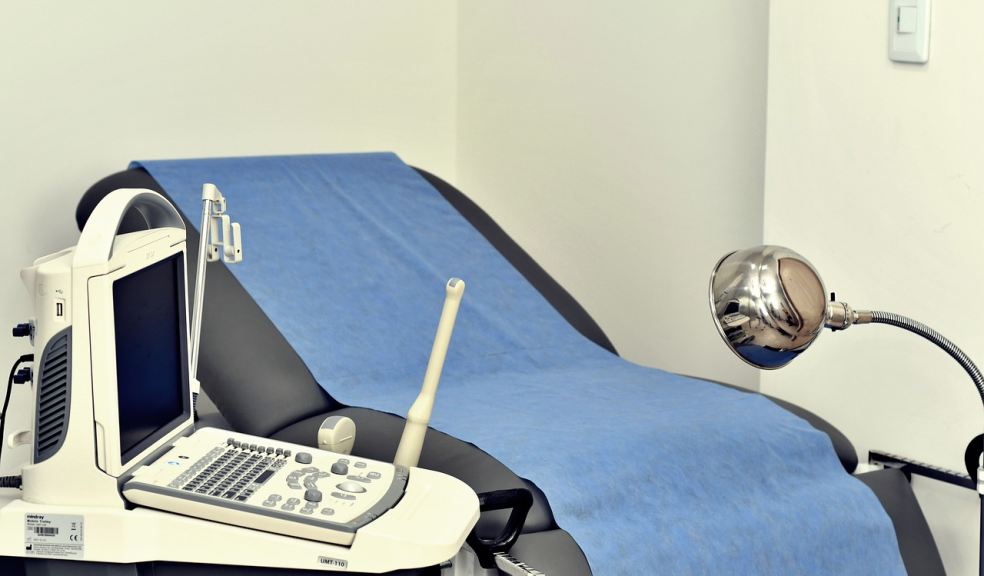
The Hidden Cost of Hormone-Free Birth Control
The Paragard intrauterine device (IUD) has emerged as a popular choice among women seeking long-term, non-hormonal contraception. This T-shaped copper device, once inserted into the uterus, can provide effective birth control for up to 10 years.
Paragard offers many advantages, including its hormone-free nature and high efficacy rate. However, it also comes with a set of possible drawbacks that potential users should carefully consider. These negative aspects can range from physical discomfort to more serious complications.
One should understand that these problems are not small. In the most tragic situations, there have been at least 15 documented incidents of women passing away after their IUDs broke. The aftereffects have also led to the filing of a Paragard lawsuit by many women who have faced difficulties with their health.
The following discussion will explore in detail the various negative aspects related to the Paragard IUD. The article will provide a thorough overview of the potential challenges users might face.
A Broken Product
The widespread use of Paragard copper IUDs has come under scrutiny as thousands of women report shocking complications. This non-hormonal birth control option promises a decade of pregnancy prevention. However, it now stands at the center of a growing health concern and legal battles.
Sarah, a 32-year-old mother of two, shared her harrowing experience. ‘I chose Paragard because I wanted a hormone-free option. But when it came time to remove it, everything went wrong. The device broke inside me, and I ended up needing surgery. It was terrifying.’
Unfortunately, Sarah’s story is not an exception. The Food and Drug Administration's Adverse Event Reporting System has logged a striking 9,000 reports of Paragard IUDs breaking during removal. The hormonal alternatives nearly double the numbers.
Even more concerning is, these figures may only scratch the surface of the problem. Dr. Emily Chen, a gynecologist, explains ‘The voluntary nature of the reporting system means we are likely seeing just the tip of the iceberg. Many cases probably go unreported.’
Going Legal is the Only Option
The consequences of a broken IUD can be severe. Women face risks ranging from intense pain and organ damage to infertility. In some cases, unwanted surgeries become necessary to extract the broken pieces. Lisa, a 28-year-old aspiring mother, recounted her trauma.
‘After my Paragard broke, I needed multiple surgeries. The doctors are not sure if I will ever be able to have children now. It is heart-breaking.’ The rising evidence has sparked a wave of legal action. Hundreds of women have filed lawsuits against Teva Pharmaceutical and CooperSurgical, the manufacturers.
These lawsuits allege that the device is defectively designed and that the companies failed to warn users of the risks. The attorney representing the plaintiffs, stated, ‘These women trusted a product that was supposed to give them control over their reproductive health. Instead, it has caused immense suffering.’
According to the TorHoerman Law, 2736 lawsuits have been filed as of July 2024. Looking at the growing numbers, these cases have been consolidated into multidistrict litigations and will be fought accordingly. An average settlement is expected to be between $10,000-$4,00,000.
Common Questions in Mind
There are many questions one faces before deciding whether to opt for the method or not. Well, do not worry as you are not alone. Many people have the same questions as you and we are here to answer. Listed below are some answers that you might be searching for.
I have heard there are different types of IUDs. Do they have different side effects?
You have heard right. There are hormonal IUDs like Kyleena, Mirena, Liletta, and Skyla and the non-hormonal, copper Paragard IUD. While they share some side effects, they can affect your body differently. While the copper one may cause heavier menstruation, hormonal IUDs cause more disruptions to your periods.
What other side effects should I keep an eye out for?
Well, the list is pretty varied. With hormonal IUDs, you might notice changes in your skin like acne, headaches, nausea, or tender breasts. Both types can cause some discomfort down there such as pelvic pain, changes in discharge, or pain during sex. The copper IUD might even lead to anemia for some.
Are there any serious complications I should know about?
In rare cases, IUDs can lead to infections, get stuck in the uterine wall, or even perforate the uterus. Sometimes they might shift position or fall out. These situations are uncommon, but if you're experiencing unusual pain or symptoms, consult your gynecologist.
How can I manage the side effects after insertion?
Self-care is key here. Stock up on pads or liners for any bleeding. Invest in a good heating pad for cramps, and don't be shy about taking over-the-counter painkillers if you need them. Most importantly, listen to your body. If something feels off or you are worried, reach out to your healthcare provider.
Jessica, a women's health advocate, emphasizes the importance of informed decision-making. ‘Every woman deserves to know the full story behind their birth control choices. We need more transparency and better safeguards to protect women's health.’
As lawsuits progress and investigations continue, the Paragard controversy serves as a sharp reminder of the complex landscape of reproductive health choices and the ongoing need for attention to medical device safety.













